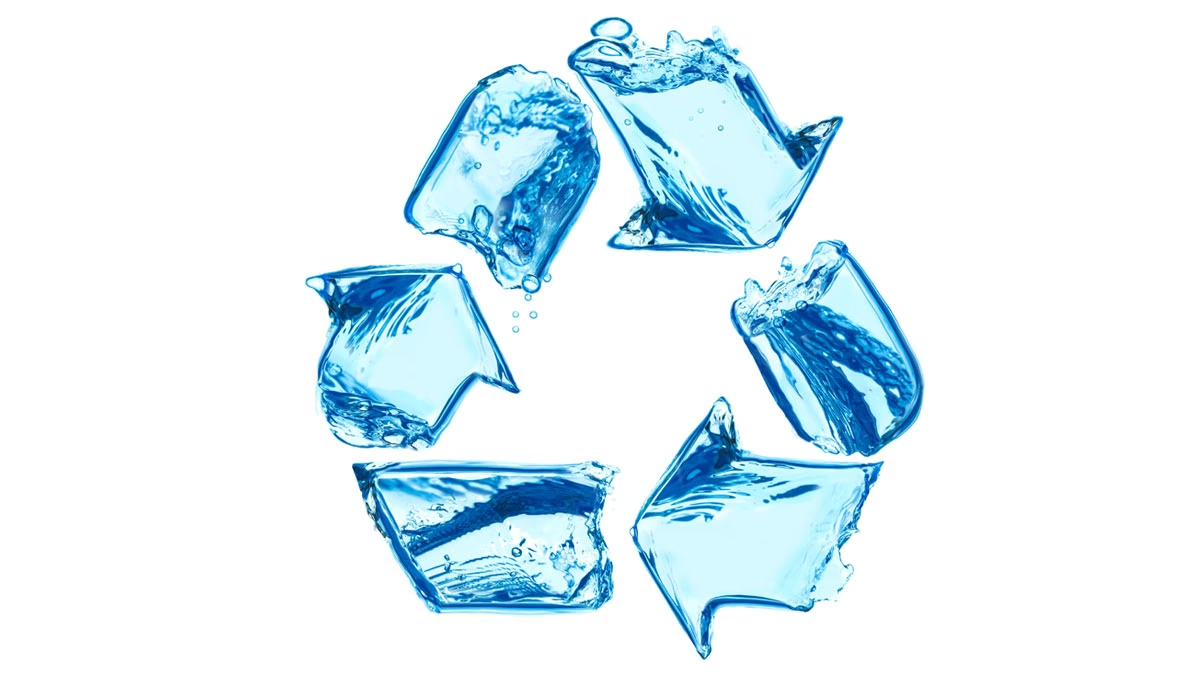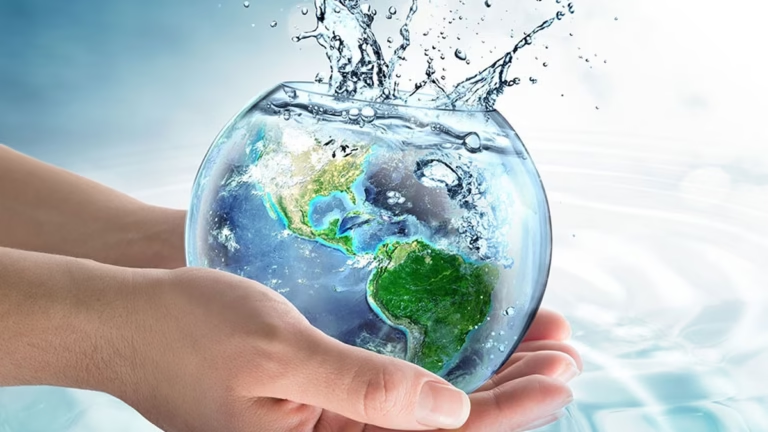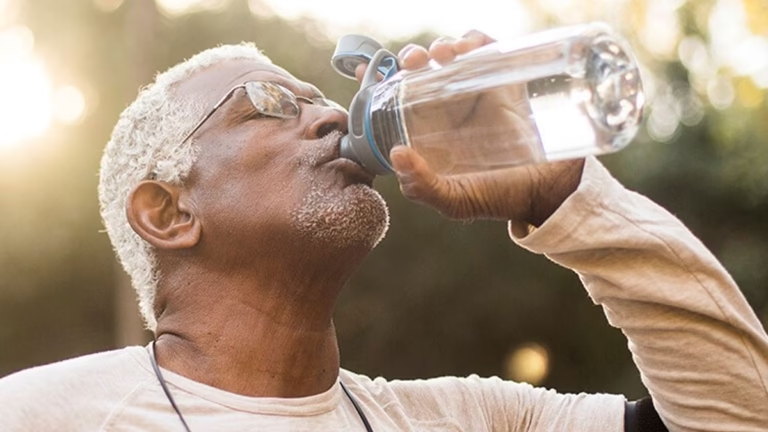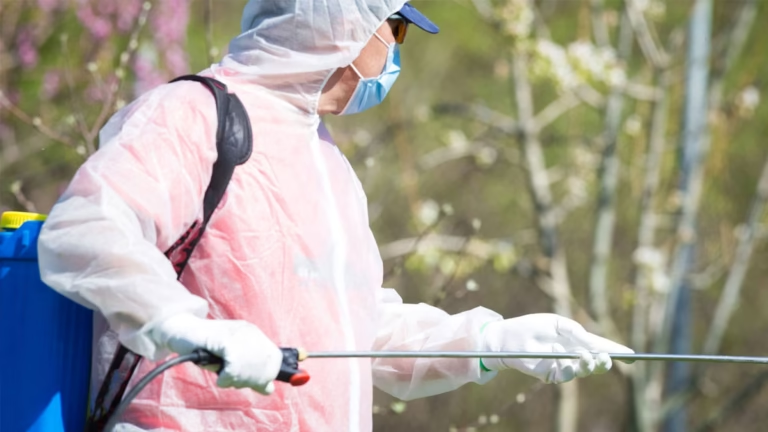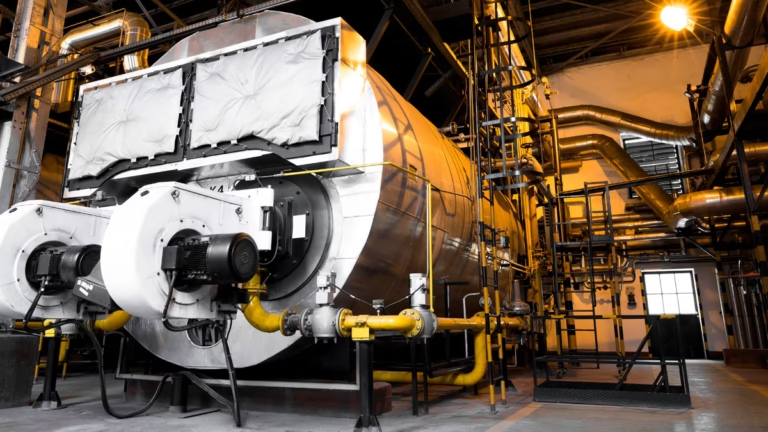What is reused water?
Reused water is any water that has already been used and, after undergoing specific treatment, has the necessary quality to be reused for different purposes, such as urban, industrial, agricultural or, as in some countries, potable applications.
According to the World Health Organization (WHO), water reuse can be classified in three ways:
Indirect reuse:
This occurs when water already used for domestic and industrial purposes – once or more – is discharged into surface or groundwater and used again downstream, in a diluted form;
Direct reuse:
This is the planned and deliberate use of treated sewage for certain purposes such as industrial use, irrigation, aquifer recharge and drinking water;
Internal recycling:
This is the reuse of water internally in industrial facilities, with the aim of saving water and controlling pollution.
The Brazilian Association of Sanitary and Environmental Engineering (ABES) uses a classification in just two categories: potable and non-potable, with the former still little explored in Brazil, but with great growth in European countries.
See below some non-potable applications of reused water:
Agricultural purposes: irrigation of food plants, such as fruit trees, cereals, etc., and non-food plants, such as pastures and ground cover, in addition to being applicable for watering animals;
Industrial purposes: includes industrial uses for cooling, process water, use in boilers, fire protection, washing equipment, etc.;
Recreational purposes: irrigation of ornamental plants, sports fields, parks, etc.;
Domestic purposes: watering gardens, flushing toilets and use of this type of water in large buildings;
Aquaculture: consists of the production of fish and aquatic plants in order to obtain food and/or energy, using the nutrients present in treated effluents.
What are the benefits of implementing water reuse?
Environmental care:
According to studies, 40% of treated water in Brazil is lost during transportation. Reusing water within the company itself avoids the need to submit it to distribution networks, reducing waste.
Savings:
In addition to the possibility of saving on waste management, reusing water can generate great economic advantages directly related to the reduction of water consumption expenses.
Better adaptation of urban areas during drought periods.
How can Culligan help?
Every need for water reuse depends on appropriate treatment technology. In this process, some steps must be followed to define the ideal customized solution for each case. Performing a water balance, for example, is of utmost importance to define the quantity and quality of water used in industrial processes.
In addition to having a wide range of equipment, Culligan has the experience and specialized technical qualifications to provide the necessary support and help in choosing the best solutions for reusing your water.

